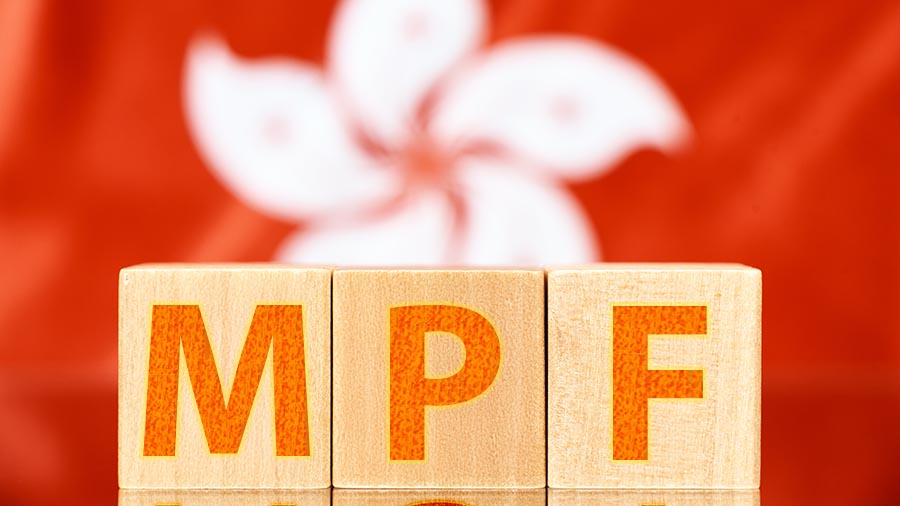Second Draft Amendment to China’s Trademark Law Sent to NPC for Review
Aug. 6 – After discussions and consultations for nearly 10 years, China’s National People’s Congress finally issued the “Draft Amendment to China’s Trademark Law (hereinafter referred to as the ‘First Draft’)” for public comments on December 28, 2012, with aims at simplifying the trademark registration process, strengthening the protection of trademark rights, and improving enforcement against trademark infringement.
On June 26, 2013, a further revision to the country’s Trademark Law (hereinafter referred to as the ‘Second Draft’) was submitted to the Standing Committee of the National People’s Congress for deliberation. The Second Draft proposes to enhance the protection of well-known trademarks, raise the compensation for cases of trademark infringement, and regulate the examination period for trademark registration.
Compared to the First Draft, the Second Draft has introduced several key changes as follows:
Increasing fines for trademark infringement
The First Draft doubled the maximum statutory compensation for trademark infringement from RMB500,000 under the current law up to RMB1 million. However, with the aim to better protect exclusive trademark rights and further crack down on trademark infringement, the Second Draft suggests to increase the maximum compensation to RMB2 million.
Specifying the processing period for trademark examination
The Second Draft has, for the first time, specified the relevant periods for trademark examination, providing:
- The period for the initial examination for trademark applications shall be no longer than nine months;
- The period for raising oppositions after the publication of the trademark is three months;
- The period for investigation and verification shall be no longer than nine months;
- The period for the Trademark Review and Adjudication Board in reviewing the decisions on rejection an application or refusal of publication rendered by the Trademark Office shall be no longer than six months; and
- The period for reviewing the opposition case where the Trademark Office finds the opposition is tenable shall be no longer than nine months.
However, the above-mentioned periods may be expanded upon approval from the State Administration for Industry and Commerce if special circumstances arise.
Prohibiting the exploitation of well-known trademarks
The Second Draft forbids the use of “well-known” wording on products, product packages, advertisements, exhibitions or other promotional activities, thereby preventing companies from enhancing the recognition of their products by taking advantages of others’ branding.
Moreover, the Second Draft intends to change the recognition principle of well-known trademarks from “positive identification by batch” to “passive identification on a case by case basis,” meaning the recognition of well-known trademarks shall be conducted by the competent authorities only at the request of a trademark holder in the case of a trademark rights dispute.
Removing the provision allowing single colors to be registered as trademarks
Under the First Draft, sounds and single colors are allowed to be registered as trademarks, however, as only around 100 colors can be distinguished from one another by the average person, allowing single colors to be registered as trademarks may cause color monopoly and confusion. Therefore, the Second Draft has removed the provision on single color registration.
Establishing a trademark agency blacklist system
The Second Draft also aims to establish a trademark agency blacklist system, providing the following:
- Trademark agencies shall inform their clients if the trademark they apply for cannot be registered according to relevant laws and regulations;
- Trademark agencies are not allowed to accept entrustment if they know, or should know that their clients are conducting a malicious registration or infringing upon others’ trademark rights; and
- Applications and requests filed by trademark agencies that have violated relevant laws and the “good faith” principle in a serious manner may be rejected by relevant authorities.
The draft amendments may still need to go through one or more readings before finally being adopted by the Chinese legislators.
Dezan Shira & Associates is a specialist foreign direct investment practice, providing corporate establishment, business advisory, tax advisory and compliance, accounting, payroll, due diligence and financial review services to multinationals investing in emerging Asia.
For further details or to contact the firm, please email china@dezshira.com, visit www.dezshira.com, or download the company brochure.
You can stay up to date with the latest business and investment trends across China by subscribing to Asia Briefing’s complimentary update service featuring news, commentary, guides, and multimedia resources.
Related Reading
 Intellectual Property Rights in China (Second Edition)
Intellectual Property Rights in China (Second Edition)
From covering protocol for dealing with trade fairs, to the application processes for trademarks, patents, copyright and licensing, as well as dealing with infringements and enforcement, this book is a practical reference for those concerned with their IPR in China.
China to Further Strengthen Intellectual Property Rights Protection
China’s Grass-Root Courts to Handle Patent Dispute Cases
China Releases Intellectual Property Plan for Strategic Emerging Industries
China Revises Computer Software Copyright Protection Regulations
China Overtakes U.S. as the World’s Largest Filer of Patents
Injecting Machinery and IP into China as Registered Capital
- Previous Article High Temperature Allowance Standards in China’s Major Cities and Provinces
- Next Article China’s SAT Clarifies Issues Regarding Vehicle and Vessel Tax Collection




























